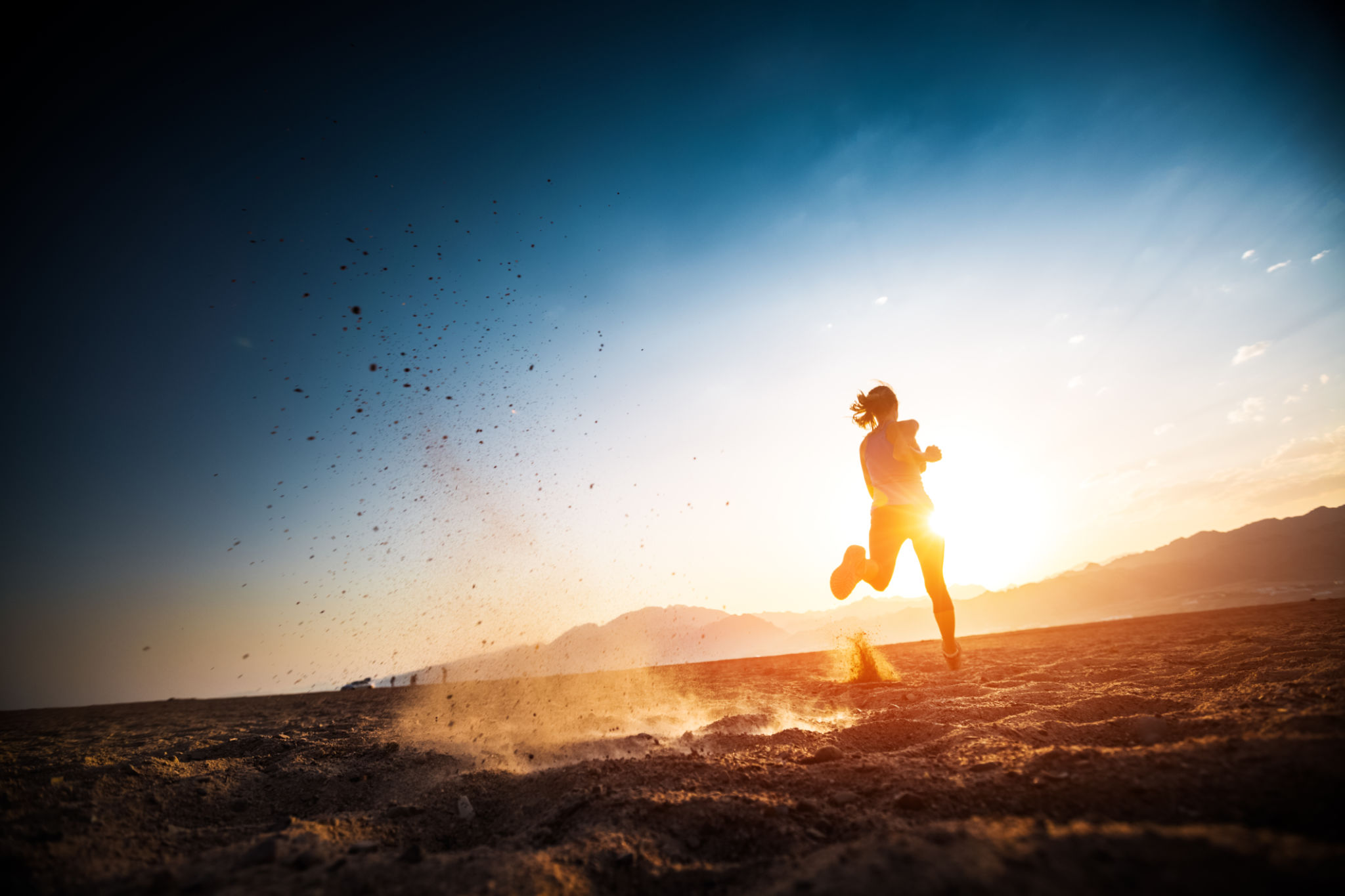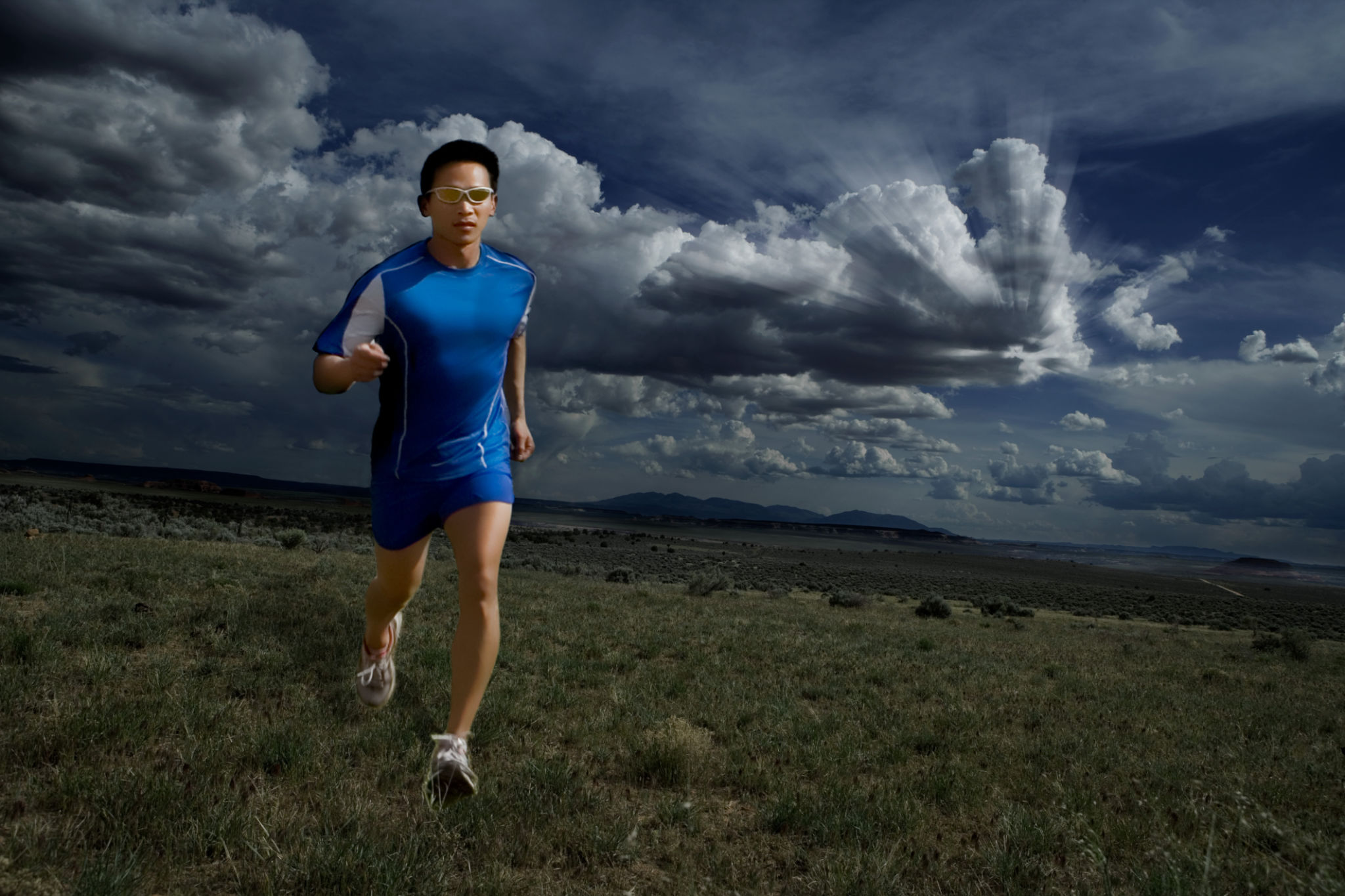Expert Tips for Training in Dubai's Heat and Humidity
Understanding the Climate Challenges
Training in Dubai's heat and humidity presents unique challenges that athletes and fitness enthusiasts must navigate. The high temperatures, often exceeding 40°C (104°F), combined with intense humidity can significantly impact performance and well-being. To ensure effective and safe training, it's crucial to understand how these conditions affect the body.
Heat and humidity increase the risk of dehydration and heat-related illnesses. When the body sweats to cool down, the surrounding humidity can slow evaporation, reducing cooling efficiency. This can lead to increased core temperatures, making it essential to take precautions during training sessions.

Timing Your Workouts
One of the most effective strategies for training in extreme heat is choosing the right time of day. Early mornings or late evenings are ideal as temperatures are relatively cooler, and the sun is less intense. This timing allows for more comfortable workouts and reduces the risk of heat exhaustion.
If your schedule only allows for midday training, seek shaded areas or indoor facilities with air conditioning. Adjust your workout intensity according to the conditions, opting for lower-intensity exercises during peak heat.
Acclimatization is Key
Allow your body to gradually adapt to the heat by incorporating short, moderate-intensity sessions over a span of 1-2 weeks. This acclimatization process helps improve your body's ability to regulate temperature and maintain performance levels.

Staying Hydrated
Maintaining hydration is critical when training in Dubai's climate. Dehydration can rapidly occur, impacting your energy levels and concentration. Aim to drink water consistently throughout the day, not just during workouts. Electrolyte-rich drinks can also help replenish essential minerals lost through sweat.
It's beneficial to monitor urine color as an indicator of hydration status. A pale straw color typically indicates adequate hydration, whereas darker urine suggests a need for more fluids.
Nutrition Considerations
Your diet plays a significant role in how well you handle heat and humidity. Consuming foods high in water content, such as fruits and vegetables, can help maintain hydration levels. Additionally, balanced meals rich in complex carbohydrates, proteins, and healthy fats provide sustained energy for training sessions.

Protecting Your Skin
Intense sunlight not only raises temperatures but also increases UV exposure risks. Apply a broad-spectrum sunscreen with at least SPF 30 before heading outdoors. Wearing light-colored, moisture-wicking clothing and a hat can further protect your skin from harmful rays and excessive heat.
Sunglasses with UV protection are also recommended to shield your eyes from glare and harmful rays, preventing potential eye strain or damage during outdoor activities.
Listening to Your Body
Finally, always listen to your body's signals. If you experience dizziness, nausea, headache, or excessive fatigue, stop exercising immediately and seek a cooler environment. Recognizing the signs of heat stress early can prevent serious health consequences.
Training in Dubai's heat and humidity requires careful planning and respect for the environment. By following these expert tips, you can enjoy safe, effective workouts while minimizing risks associated with extreme weather conditions.
